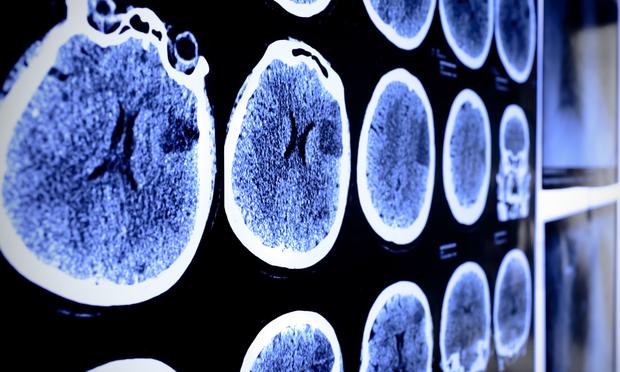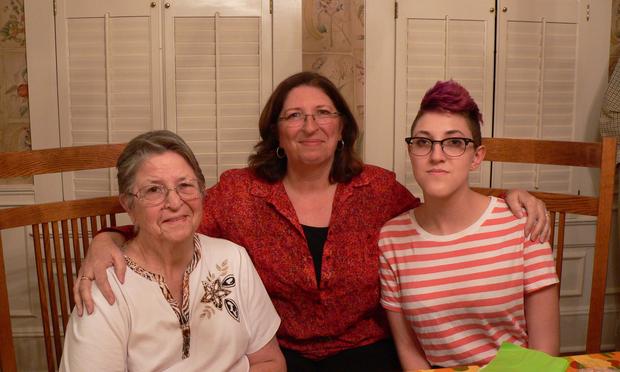
In the News
What Causes Breast Cancer? These Mothers and Daughters May Hold a Clue
-
Focus Areas
Environmental Health, Women, Youth & Children -
Issues
Cancer -
Expertise
Research – Surveillance -
Programs
Child Health and Development Studies
Dr. Barbara Cohn, Director of the Child Health and Development Studies at the Public Health Institute, spoke about her cross-generational studies looking at connections between environment, cancer and other diseases, on NPR Morning Edition and on WNYC’s Brian Lehrer Show. Find out more about her work below.

Dr. Barbara Cohn, epidemiologist and director of the Child Health and Development Studies, a program of the Public Health Institute, tests pregnancy blood to see if environmental chemical exposure in utero eventually results in breast cancer in the child. She explains the links she’s found, and what they tell us about cancer prevention. She is joined by Dr. Linda Birnbaum, director of the National Institute of Environmental Health Sciences (NIEHS), one of the National Institutes of Health (NIH).
Jenny Singleton got breast cancer at age 48. So did her mother, at age 66. “When my breast cancer was diagnosed, I immediately thought we must have a gene for it,” Jenny Singleton said. “So I was tested and I didn’t have the BRCA gene. And so that’s often left me wondering well, then why is it that my mom and I both got breast cancer?”
Cancer susceptibility genes are estimated to account for only 5-10% of breast cancers overall. Now the Singletons and thousands of other families are part of a study that is looking to see if there is evidence that environmental exposures in utero could account for some breast cancers later in life.
Barbara Cohn is leading this research. Cohn is the director of the Child Health and Development Studies (CHDS) in Oakland, Calif. From 1959 to 1967, CHDS researchers enrolled some 20,000 pregnant women — including Jenny’s mother, Bernice — in a long-term study to track their health and the health of their children.
Over the past 55 years, researchers have continued to track those families, using the data to investigate everything from the effects of smoking and exposure to pesticides during pregnancy, to possible root causes of schizophrenia.
Originally published by WNYC
More Updates
Work With Us
You change the world. We do the rest. Explore fiscal sponsorship at PHI.
Support Us
Together, we can accelerate our response to public health’s most critical issues.
Find Employment
Begin your career at the Public Health Institute.




